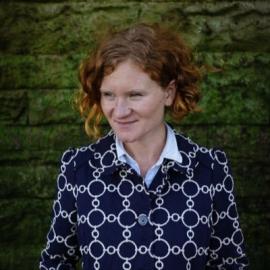Over 110,000 Burundians have fled their country amid protests and an attempted coup d'état. Now a cholera outbreak has made the journey all the more dangerous.
Of the thousands who have fled in recent weeks amid protests against President Pierre Nkurunziza’s plan to run for a third term and a related attempted coup, more than half have arrived in neighbouring Tanzania.
Many of the refugees have made the same hasty journey before. Hundreds of thousands of Burundians fled their homeland during the country's 12-year civil war, only to return after the 2005 peace agreement. One woman waiting at Kagunga to catch a boat to Kigoma in Tanzania said she plied this exact route in 1993 and along with other refugees spoke warmly of their earlier years there:
“The Tanzanians were so welcoming then, we considered this our best option”
Some 50,000 people are now crowded into Kagunga, a Tanzanian village on an island wedged between mountains on one side and Lake Tanganyika on the other. With Kagunga surrounded by mountains, the refugees must wait to board a ship and make the three-hour trip to the port of Kigoma. According to the International Rescue Committee said, the ship is transporting 600 passengers twice daily, leaving those who remain behind in overcrowded and unsanitary conditions.
The exodus has prompted a major public health crisis. A cholera outbreak on Kagunga has so far claimed 27 lives.


Overcrowding and poor sanitation have resulted in a surge of confirmed or suspected cases of cholera and acute watery diarrhoea among the refugees…without a cholera treatment centre on site in Kagunga, mortality rates may become extremely high,”
– UNICEF



“We’ve been on the run since 1965... I’ve fled so many times that this time, I’m planning to stay. I don’t want to go back.”
— Andrea Basigivyahbo, 65
Tumultuous events in Burundi have prompted several huge waves of refugees:

“I’ve been running my whole life... There are a lot of us who want to stop running. We want to settle somewhere else”
— Moise Ntiranyibagira, 35, has lived in Burundi less than half his life
Edited and compiled by Tamara Leigh
For the latest analysis on the humanitarian implications of Burundi's worsening political crisis see IRIN's country page.





